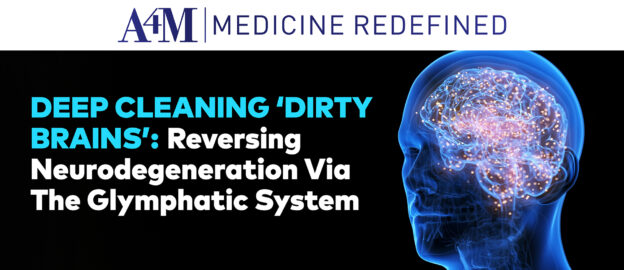Neurodegenerative diseases, with Alzheimer’s disease (AD) at the forefront, pose a formidable challenge to global health. Affecting between 5% and 7% of the population in their lifetime, AD stands as one of the most devastating neurological conditions. In the absence of disease-modifying treatments, researchers have intensified their efforts to explore novel approaches to combat these illnesses.
Recent neuroscientific advancements have shed light on the critical role of the glymphatic system in maintaining brain health and potentially preventing conditions such as Alzheimer’s and Parkinson’s disease (PD).



